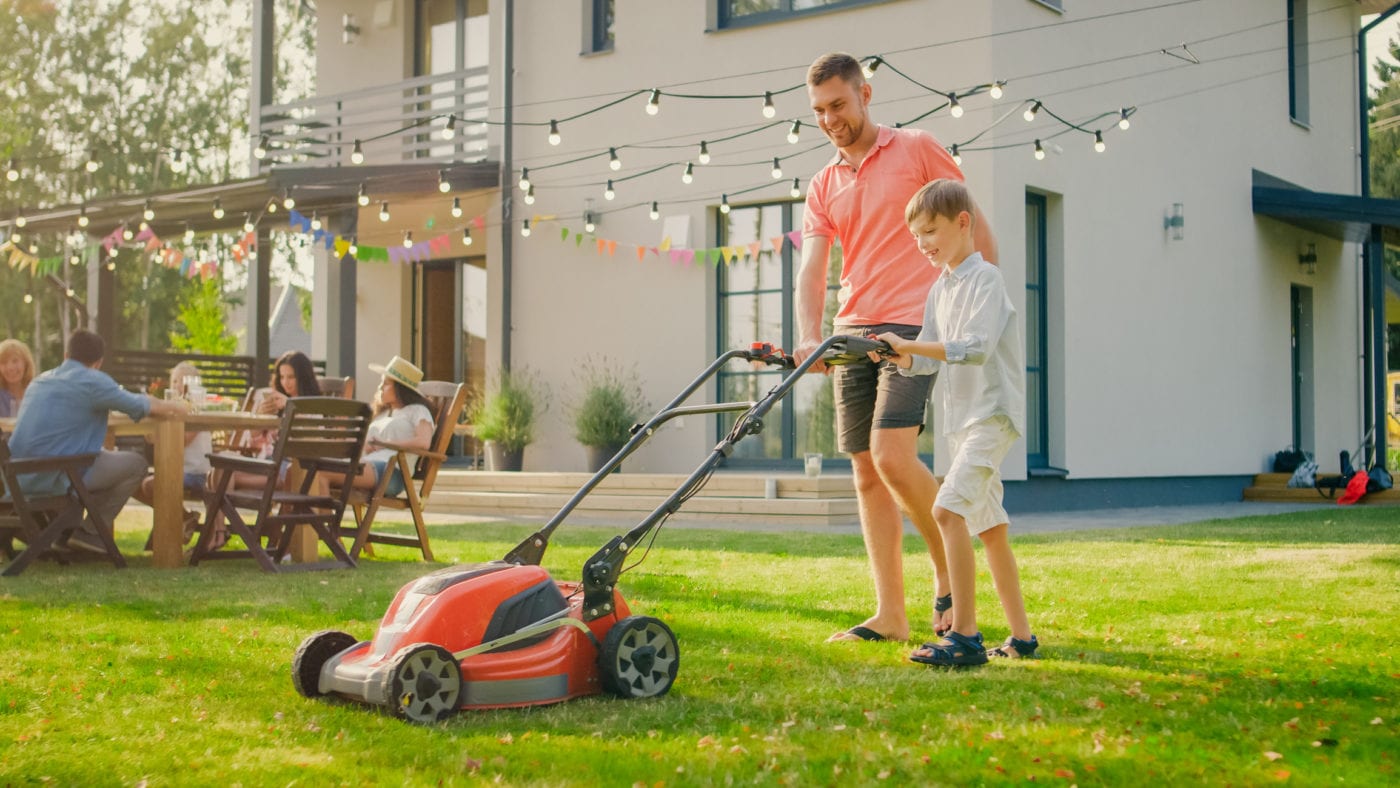I saw an upsetting video on X (formerly Twitter). A group of young football players squared off with a partner and proceeded to fight at the sound of the whistle. They didn’t do it instinctually. Nope. The coaches were the ones urging the tiny teammates to throw punches and kick each other. “Keep whoopin’ him!” one coach yelled, with a few curse words sprinkled in. That’s not football.
I’m sure the goal of this “drill” was to teach kids to be tough but all it really taught them was how to be angry and disrespectful to opponents. Even if I give the coaches the benefit of the doubt, their good intentions didn’t land. But we’ve all been there. How many times have we tried to do the right thing but saw it go the wrong way? Too often. Here are 6 “good intentions” that fail our kids.
1. Keeping Them “Safe”
Your desire to keep your sons and daughters safe is innate. Fathers have an obligation to protect their families. But, that doesn’t mean following your kids around with bubble wrap. You’ve probably heard the term helicopter parenting, and there can be good and bad aspects to it. But there is such a thing as going too far in the pursuit of keeping our kids from danger. Training wheels are necessary for a season. Eventually, we have to let kids go so they can grow. Holding on too long is really holding our kids back from turning into the young men and women they are meant to be. Don’t let your desire to keep them safe prevent them from escaping your shadow.
2. Solving Their Problems
It does my son no good if I do his math homework for him. The work would get done, but he wouldn’t learn a thing. It not only hurts him today, it also hurts him tomorrow because everything he’ll be learning next year builds on what he’s mastering this year. Kids will be in constant catch-up mode if they don’t learn to solve their own problems. It will stretch them. They’ll probably fail a bit, but that’s OK. Failure facilitates growth, and it just feels better knowing successes are a product of your own hard work.
3. Paying for Everything
Animals raised in captivity are usually not equipped to survive in the wild. They lack crucial survival skills. Every meal has been made for them. Every day is controlled. They’ve never had to work to survive. The same sort of thing happens to kids when we pay for everything. Clearly this doesn’t apply to little ones, but as kids get older, there is great value in letting them earn and manage money. They get to see firsthand that hard work nets rewards. I don’t want my children expecting things to be handed to them.
4. Downplaying Difficulty
Every child will face struggles. It could be hard to make friends. They may not make the varsity team. They could experience the death of a loved one. Minimizing or downplaying the hard moments won’t harden their resolve. It will put a wedge between you. I want my children to come to me when they’re hurting. Every time I belittle or take lightly their struggles, it plants a flag in their mind that they’ll recall during future setbacks. If you want your adult kids to lean on you during strife, let them do it now while they’re still little.
5. Overemphasizing Great Grades
Some houses demand straight A’s. Others are looser. If A’s are the requirement and anything less is considered failure and leads to your disapproval, you have heaped enormous pressure on your child, even if unintentionally. Those expectations are accompanied by the stress to perform, anxiety, fear of underachieving, and seeking approval through performance. It’s a recipe for disaster emotionally and mentally. Yes, we want our kids to do well in school, but we need to be careful not to base a child’s worth on our (sometimes unrealistic) academic standards.
6. Speaking for Them
Kids won’t develop their own voice if all they hear is yours. Give them a chance to express themselves. We think we are doing them favors by speaking up in their presence, but it’s really muzzling them. When kids speak for themselves, they learn to form, express, and defend their opinions. These are valuable skills.
Sound off: What is one of those times your “good intentions” missed the mark?











Huddle up with your kids and ask, “What does it feel like to make a mistake?”